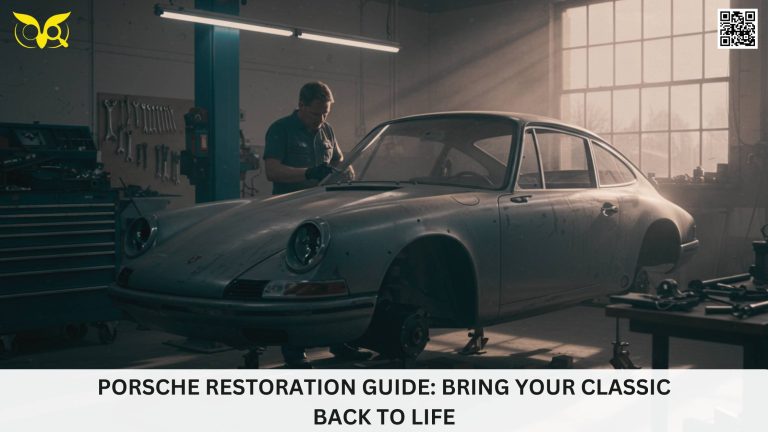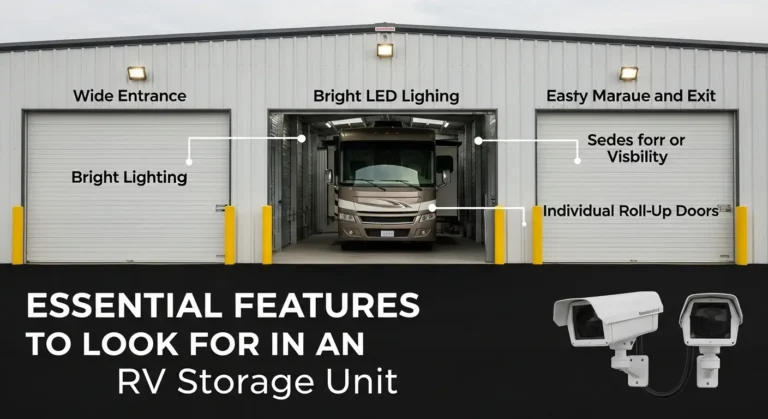Selling an old or damaged car might seem like a hassle, especially if the vehicle is no longer running. But if you are thinking about offloading your car to a junkyard, you are not alone. Junkyards across the U.S. offer a fast, no-frills way to turn unwanted vehicles into cash. That said, the amount you get can vary dramatically depending on several key factors.

By knowing how junkyards evaluate cars, what influences pricing, and how to compare offers, you can make an informed choice and avoid getting short-changed. You can still get meaningful value from your vehicle, even if it’s on its last legs.
What Junkyards Look For
Junkyards don’t care about faded paint or cosmetic flaws. They evaluate vehicles based on the value of reusable parts and recyclable materials. Here is what influences their offer:
- Weight of the car: Heavier options contain more scrap metal, which means a higher payout.
- Condition: A vehicle that starts and runs may be worth more than one that doesn’t. Usable parts can be resold for profit.
- Year, make, and model: Common vehicles tend to have better resale potential because of higher parts demand.
- Current market for parts: If there’s a need for your car’s engine, transmission, or body panels, the price may increase.
- Completeness: A stripped vehicle with missing parts often brings in less money.
Most junkyards buy cars for one of two reasons: to dismantle for parts or to recycle the metal. The payout depends on how much profit they can make in either scenario.
Key Factors That Determine Junkyard Offers
Pricing isn’t random. Several specific factors influence how much you receive for a junk car. Each one plays a role in determining whether your vehicle is worth a few hundred dollars or considerably more.
Your Location
Where you live matters. Junkyards in urban or high-demand areas typically pay more because they have faster access to buyers for parts and metal. If you are in a rural location, your options may be limited. Transportation costs for the junkyard also influence your offer. A vehicle located far from their facility may incur pickup charges or receive a lower quote to offset fuel expenses.
The Type of Car You Own
Some variants are just worth more to junkyards. For instance, Hondas and Toyotas are known for high part compatibility, which keeps their demand strong. Trucks and SUVs often fetch more due to their weight and the resale value of their components.
Older vehicles or rare models might surprise you. If parts are hard to find, your car could be more valuable than you think. On the flip side, if the vehicle was mass-produced but has little demand for parts, it may only bring metal value.
Condition and Part Value
A car in better condition, even if it doesn’t run, may have more usable parts. If the engine, transmission, or electrical systems are intact, those components can be pulled and sold. Expect a better offer when your vehicle is mostly complete and not heavily damaged.
Cars that have been in serious accidents, have fire or flood damage, or are missing major parts are worth much less. If the catalytic converter is gone, that alone can reduce your payout by $100–$300.
Current Scrap Metal Prices
Metal prices change weekly and sometimes daily. Junkyards base much of their offer on what they will get when the vehicle is crushed and sold for scrap. If scrap car prices are high, your payout could increase accordingly. During dips in the market, expect lower offers across the board — even for heavier vehicles.
Monitoring scrap prices in your region can give you leverage when negotiating. Some sellers time their sale to catch a high in the market.
Average Junkyard Payouts You Can Expect
The amount you can earn from a junkyard depends on the type and condition of your vehicle, as well as demand for its parts and scrap value. The table below gives a general idea of what you might expect:
| Vehicle Type | Condition | Typical Payout Range |
| Compact car (older) | Not running | $100-$300 |
| Mid-size sedan | Runs, light damage | $300-$500 |
| Full-size SUV or truck | Running or fixable | $400-$700 |
| Car with demand parts | Salvageable | Varies; can exceed $1,200 |
| Stripped or totaled | Missing major parts | $100-$400 |
These are average ranges. Some states or cities may pay more due to higher scrap metal prices or strong demand for used parts. In other places, junkyards might only offer a base rate tied to metal weight.

Before accepting any deal, it is smart to request quotes from several yards to compare rates. One company may value a certain model more than another based on inventory needs.
Bonus Offers: Are You Leaving Money on the Table?
Junkyards may offer more than just a base price. Here are some extras that can boost the value of your deal:
- Free towing services
- Price matching from local competitors
- Extra cash for same-day pickup
- Higher offers for complete vehicles
- Extra money if you bring the vehicle in yourself
These small additions can make a big difference. Always ask what bonuses are available before finalizing a deal.
Even if the base rate seems low, the added value from extras like free towing or faster processing may tip the scales in a yard’s favor.
How to Get the Best Price for Your Junk Car
Maximizing your payout does not require expert-level knowledge — just a few smart moves:
- Get multiple quotes from local junkyards or use scrap car value calculators or other online comparison tools.
- Provide accurate information about your car’s make, model, and condition.
- Check scrap metal trends to sell when prices are high.
- Ask about fees for towing or paperwork before accepting an offer.
- Negotiate if possible. Some yards will raise their offer if you have better quotes.
- Make sure the title is ready. Selling without one can reduce your payout or limit your options.
Being honest about the vehicle’s state ensures you do not waste time with unrealistic quotes. Buyers expect imperfections but do not like surprises during pickup.
Why Junkyards Are Often the Better Choice
Selling to a junkyard is usually the fastest and most convenient way to get rid of an old or damaged car. You can avoid weeks of waiting, haggling, and paperwork while still getting cash on the spot — even if the vehicle no longer runs.
Private sales and trade-ins can sometimes bring in more money if the car is still drivable, but they require time, effort, and finding a willing buyer or dealer. Parting it out yourself may also yield more value, but it takes significant work, tools, and storage space. Donating to charity or using an online car-buying service are other options, though they may not offer immediate cash or competitive payouts.
If you prioritize speed and simplicity without sacrificing all value, a junkyard is often the smartest choice. It allows you to offload your car quickly and move on without the hassle of managing a sale yourself.






